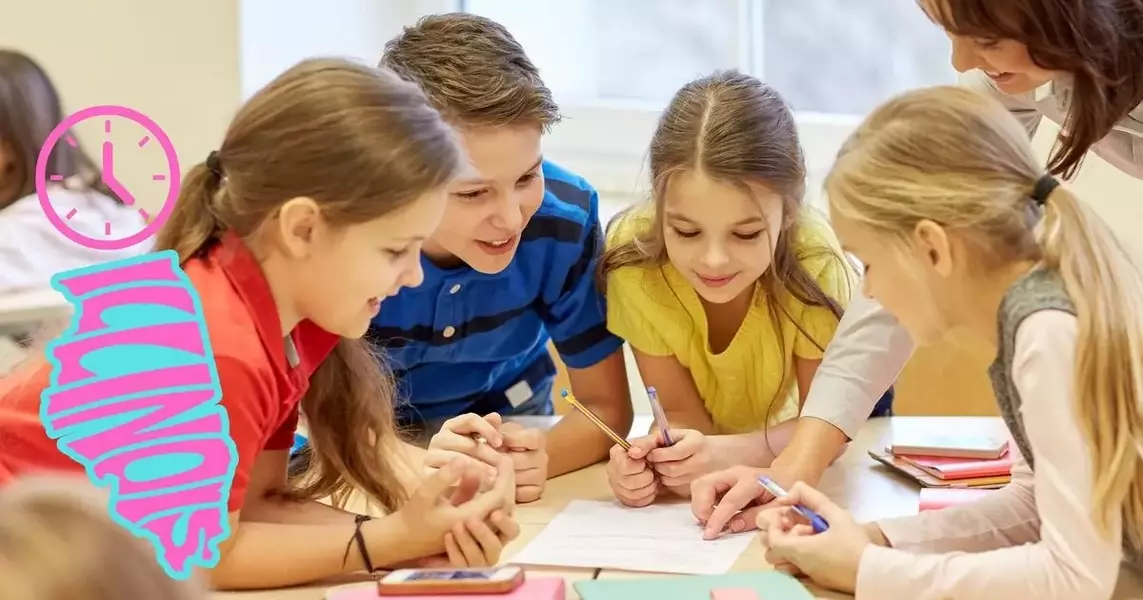Illinois Introduces Innovative Relaxation Activities for Students

In a significant shift towards holistic student well-being, Illinois has introduced a new law that mandates schools to incorporate relaxation activities into their weekly schedules. This initiative aims to enhance students' mental and physical health by providing them with stress-relieving exercises. The legislation, which came into effect this year, was introduced in January of the previous year and underwent several revisions before being signed in August 2024. It requires at least 20 minutes per week dedicated to activities such as mindfulness training, yoga, breathing exercises, quiet time, stretching, meditation, walking, or in-person conversations. These activities are designed to complement existing recess periods and can be integrated into various classes like Physical Education, Social-Emotional Learning, or Student Support/Advisory.
Promoting Mental Health Through School-Based Initiatives
The new legislation emphasizes the importance of addressing students' mental health within the educational framework. Schools now have the responsibility to allocate at least 20 minutes each week for relaxation activities, fostering an environment that encourages mindfulness and stress reduction. These activities can be distributed flexibly throughout the week, whether it's two 10-minute sessions or five 5-minute intervals. By incorporating these practices, schools aim to create a more balanced and supportive learning atmosphere.
Schools can collaborate with community organizations to implement these programs effectively. The inclusion of relaxation activities is intended to enhance students' overall well-being, promoting better mental and physical health. Mindfulness training, yoga, breathing exercises, and other stress-relieving techniques help students develop coping mechanisms for managing daily pressures. Additionally, activities like quiet time and in-person conversations foster social-emotional skills, preparing students for both academic and personal challenges. The flexibility in scheduling allows schools to tailor these initiatives to meet the unique needs of their student populations.
Integrating Wellness Practices into Daily School Life
The law outlines that relaxation activities can be incorporated into various classes, ensuring they become an integral part of the school day. These activities are not meant to replace traditional recess but rather complement it, offering students additional opportunities to unwind and refocus. Schools have the autonomy to decide how and when to integrate these activities, whether during Physical Education, Social-Emotional Learning, or advisory periods. This approach supports a comprehensive curriculum that prioritizes both academic achievement and student well-being.
The implementation of SB2872 reflects a growing recognition of the need to address students' mental health proactively. By integrating wellness practices into daily routines, schools can help students build resilience and improve their overall quality of life. The collaboration with community organizations adds another layer of support, ensuring that students receive expert guidance in these activities. Ultimately, this initiative aims to create a nurturing educational environment where students can thrive academically and emotionally. The flexibility in scheduling and the variety of relaxation activities available make this law a practical and effective solution for enhancing student well-being.